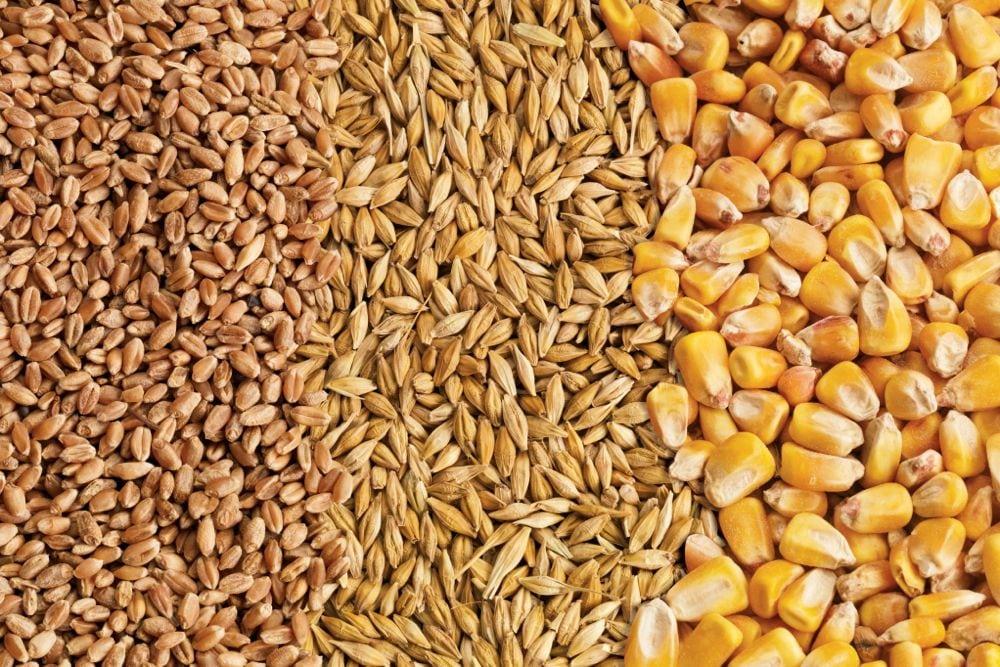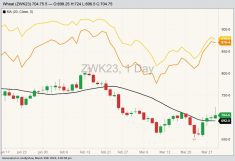New York | Reuters — Global commodities trader Cargill said on Tuesday it will increase its offerings of starch product options, seeking to capture rising demand for simpler ingredients and to meet changing consumer tastes.
The Minneapolis-based agribusiness will now sell new “native starches” produced from plants such as corn and wheat, as an alternative to more processed starch derivatives used to bulk up food products such as pasta sauce.
“Consumers are scrutinizing labels, looking for products made with plain ingredients they know,” a Cargill spokeswoman said in a statement. “This caused many food manufacturers to reconsider the use of modified food starch.”
Read Also

Feed Grains Weekly: Domestic prices remain flat
Although there has been some upward movement in feed grain prices, particularly in Alberta, it’s not domestic demand that’s pushing them higher, said Jim Beusekom, president of Market Place Commodities in Lethbridge on Feb. 19.
The boost in “label-friendly” ingredients comes amid a broader push for diversification as Cargill and other merchants battle tight margins amid excess grain supplies. It said in September that gains in its starch business helped boost food processing earnings last quarter.
Large food manufacturers have been facing weakening growth in demand for packaged foods as consumers in the U.S. and Europe increasingly seek to curb consumption of sugar, genetically-engineered (GMO) and artificial ingredients.
A Reuters/Ipsos poll conducted in July showed that nearly half of U.S. respondents said they would consider paying more for foods with “recognizable ingredients.”
Also on Tuesday, rival Archer Daniels Midland said it will boost output of more high-protein, non-GMO ingredients in Germany due to rising demand.
— Reporting for Reuters by Chris Prentice.

















